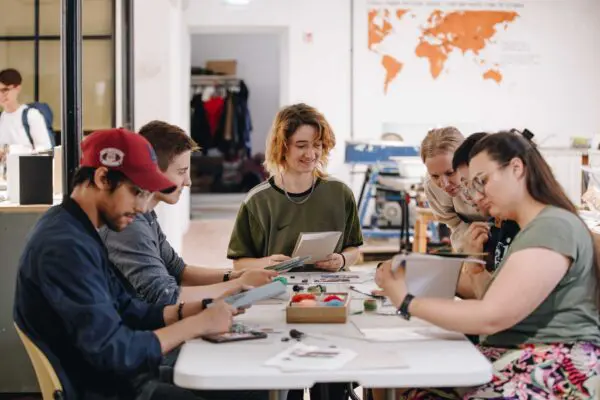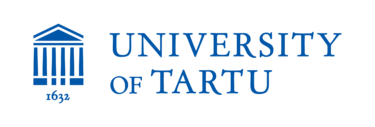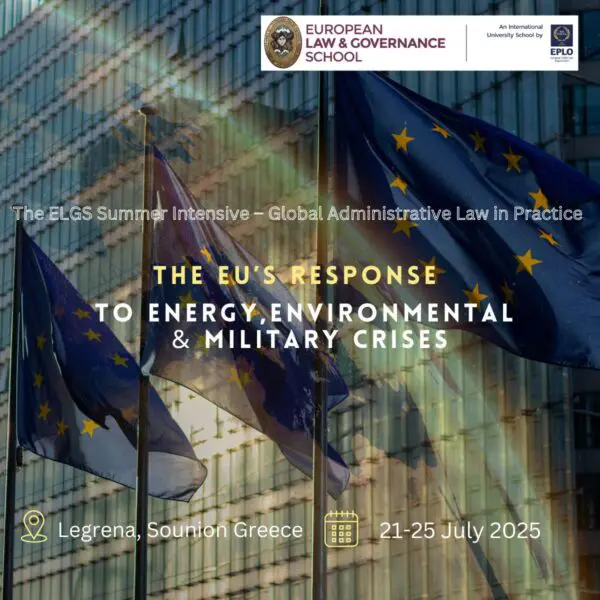
Cologne, Germany
Introduction to Survey Design
When:
11 August - 15 August 2025
Credits:
4 EC
Read more
Political Science & Social Sciences Summer Course
When:
28 July - 08 August 2025
School:
Institution:
University of Tartu
City:
Country:
Language:
English
Credits:
3 EC
Fee:
550 EUR


Though often dismissed as “just a bit of fun” (Way, 2021), popular culture’s role in influencing and reflecting broader political developments is finally starting to receive the academic attention it deserves. From Banksy’s street art, to the Olympic games, via the Eurovision Song Contest and even our favourite food, popular culture is the medium through which we most often experience and consume politics as part of the “taken for granted everyday world” (Machin, 2013).
Yet it is precisely this inseparability from the ideologies and power relations with which it is infused (Machin, 2013), that makes popular culture such a challenging and important subject for academic research. Perhaps nowhere is this more evident than in Ukraine, where popular cultural fields including sport, art and music have been described as a geopolitical battlespace (Saunders, 2024), shaping perceptions and representations of Ukraine in the public sphere (Gaufman and Kurylo, 2024).
This course provides an overview of the methodological tools required to assess a diverse range of research questions related to politics and popular culture, including Critical Discourse Analysis (CDA) and Multi-modal Discourse Analysis (MMDA). Interactive seminars and lectures on the course introduce students to the key theoretical, practical and methodological issues affecting the ways politics interacts with popular culture.
In 2025, the course will take full advantage of the interactive and immersive learning environment in Tartu to reflect on the legacy of the city’s year as European Capital of Culture. Through meetings with leading experts and practitioners in the Estonian cultural sphere, students will come away with a strong awareness of some of the most important issues affecting the relationship between politics and popular culture in Estonia and beyond, as well as a solid basis from which to explore their own areas of interest further.
During this course, the students will deepen their understanding of the ways politics and everyday culture interact, and be encouraged to explore specific case studies including the use of football as a political tool by populist leaders, music as a means of integration for Estonia’s Russian speakers and expressions of national identity through everyday food products. The learners will also develop their knowledge of these case studies further through a group class project and written assignment
Michael Cole, PhD Candidate in Political Science at the Johan Skytte Institute of Political Studies
MA/advanced BA/early stage PhD students
Upon completing the course, learners will be able to:
1. Analyse ways politics and popular culture interact in a wide range of contexts.
2. Apply methodological tools to examine relationships between popular culture and politics in academic research, including Critical Discourse Analysis (CDA), and Multi-Modal Discourse Analysis (MMDA).
3. Explore the relationships between politics of popular culture for specific case studies of their own interests.
4. Write about the connections between politics and popular culture in a style suitable for a broader non-academic audience
5. Have the opportunity to publish an article about a topic of their interest with an established online media outlet
Fee
550 EUR, Regular fee
Fee
300 EUR, Accommodation in the student dormitory for 12 nights (shared rooms)
When:
28 July - 08 August 2025
School:
Institution:
University of Tartu
Language:
English
Credits:
3 EC

Cologne, Germany
When:
11 August - 15 August 2025
Credits:
4 EC
Read more

Athens, Greece
When:
21 July - 25 July 2025
Credits:
0 EC
Read more

London, United Kingdom
When:
30 June - 18 July 2025
Credits:
7.5 EC
Read more